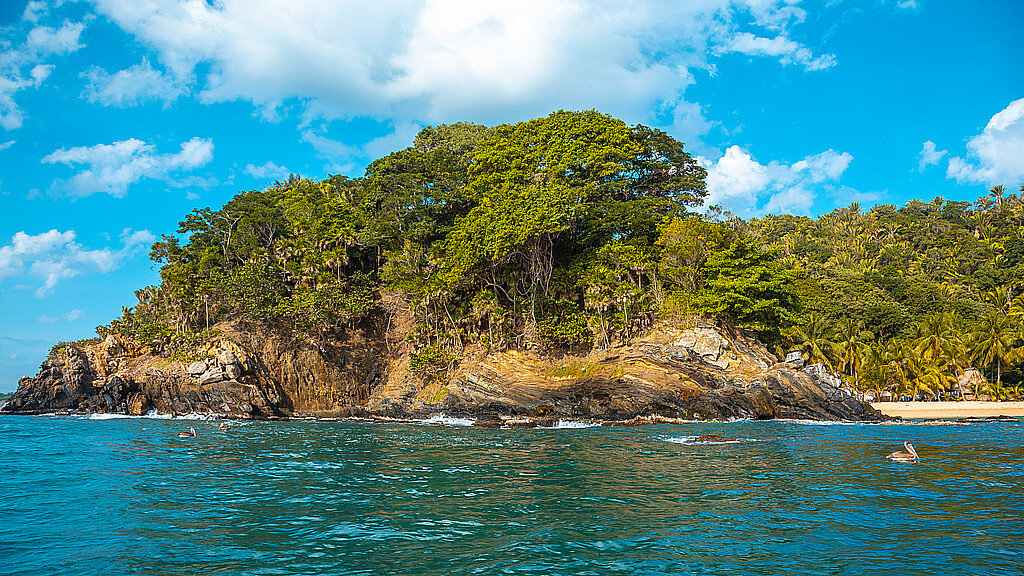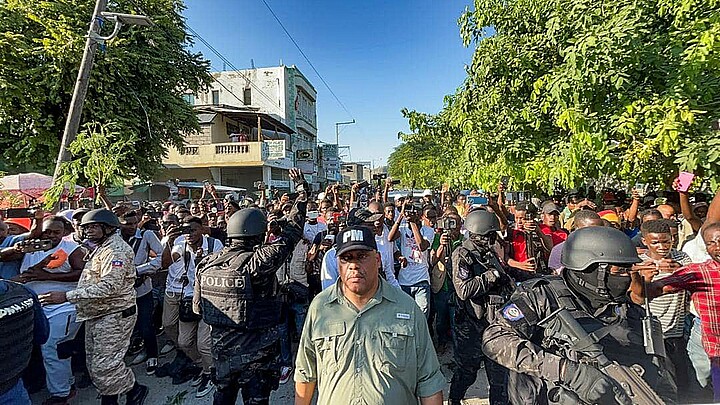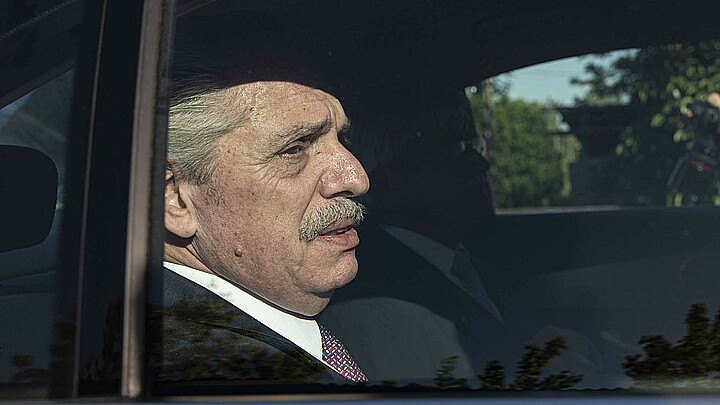Crime
Honduras building island prison colony for gang members
Castro said her administration is planning to build an isolated prison for 2,000 gang members on the Islas del Cisne archipelago, located around 155 miles off the coast of the Central American country

July 20, 2023 8:40am
Updated: July 20, 2023 8:40am
Honduras is planning to build a maximum-security prison colony on an island for the country’s most notorious gang members, President Xiomara Castro announced this week.
Castro said her administration is planning to build an isolated prison for 2,000 gang members on the Islas del Cisne archipelago, located around 155 miles off the coast of the Central American country.
Jose Jorge Fortin, head of Honduras’ armed forces, told the Associated Press that the only way to communicate with the island is through satellite. Authorities hope this will prevent gang leaders from conducting operations from within the island and will prevent escapes.
“It’s the farthest away they can be, so these gang leaders feel the pressure once they’re on the island,” Fortín said. “The idea is that they lose contact with everything, contact with all of society ... and they can pay for their crimes.”
The move comes after more than 45 women were killed in a Honduran women’s prison after a riot was started by rivaling gangs, Barrio 18 and Mara Salvatrucha (MS-13), last month.
Some of the victims died from gunshot wounds, while others were burned, according to the spokesperson for the public prosecutor’s office Yuri Mora.
Castro vowed to “take drastic measures” in response to the planned attack. It is unclear when the prison island will be opened. However, Castro said the facility would be built as soon as possible.
Castro implemented a state of emergency in the country on Dec. 6, suspending some constitutional rights in an effort to crack down against criminal organizations in the country.
The state of emergency covers 123 local districts covering the largest population centers in Honduras. Under strict measures, authorities can restrict freedom of movement and association, as well as search homes and arrest individuals without a warrant.
Island prisons used to be common across Latin America due to deadly riots and bold prison escaped that repeatedly happened in prisons. Such facilities were found in Brazil, Chile, Colombia, Costa Rica, Mexico, Panama, and Peru.
The last such prison in the region was closed in 2019 and belonged to Mexico.
Critics of Castro’s plan, however, say that the new prison is mostly motivated by optics and that her administration should instead focus on addressing the main roots of violence in the country.
“A new prison is quite useless if you don’t first regain control of the others you already have,” said Tiziano Breda, a Latin America expert at Italy’s Instituto Affari Internazionali. “Criminal gangs have shown throughout their history that they can adapt.”










